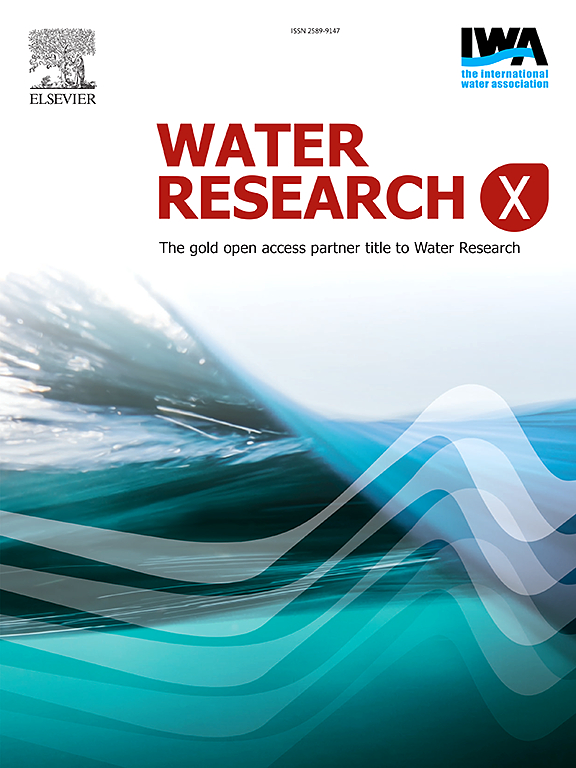Dual-purpose elemental sulfur for capturing and accelerating biodegradation of petroleum hydrocarbons in anaerobic environment
IF 7.2
2区 环境科学与生态学
Q1 ENGINEERING, ENVIRONMENTAL
引用次数: 0
Abstract
Hydrophobic organic pollutants in aqueous environments are challenging to biodegrade due to limited contact between microorganisms, the pollutants and the electron acceptor, particularly under anaerobic or anoxic conditions. Here, we propose a novel strategy that uses inexpensive, dual-function elemental sulfur (S0) to enhance biodegradation. Using petroleum hydrocarbons as the target pollutants, we demonstrated that hydrophobic and nonpolar S° can concentrate hydrocarbons while simultaneously serving as an electron acceptor to enrich hydrocarbon-degrading bacteria. The permeable reactive barrier filled with S0 effectively removed petroleum hydrocarbons. In addition to rapid adsorption, we discovered, for the first time, that petroleum hydrocarbons underwent efficient biodegradation through the reduction of S0. Specifically, n-alkanes were degraded by 80 % to 90 % and polycyclic aromatic hydrocarbons by 40 % to 95 %. These degradation rates were 17 % to 30 % and 26 % to 43 % higher, respectively, compared to those observed without S0. Consecutive subcultures combined with untargeted metabolomics analysis revealed that bacteria capable of dissimilatory sulfur reduction enhanced the fermentation process. These bacteria provided electrons to the metabolic network, which facilitated the mineralization of petroleum hydrocarbons. Our findings highlight the significant potential of S° for removing hydrophobic organic pollutants in oxygen-free environments, demonstrate the feasibility of integrating adsorption, biodegradation, and electron supply to enhance pollutant removal.

双用途单质硫在厌氧环境中捕获和加速石油烃的生物降解。
由于微生物、污染物和电子受体之间的接触有限,特别是在厌氧或缺氧条件下,疏水有机污染物在水环境中具有生物降解的挑战性。在这里,我们提出了一种新的策略,即使用廉价的双功能单质硫(S0)来增强生物降解。以石油烃为目标污染物,我们证明了疏水和非极性S°可以浓缩碳氢化合物,同时作为电子受体富集碳氢化合物降解细菌。以S0填充的渗透性反应屏障能有效去除石油烃。除了快速吸附外,我们首次发现石油碳氢化合物通过还原S0进行了有效的生物降解。其中,正构烷烃的降解率为80% ~ 90%,多环芳烃的降解率为40% ~ 95%。这些降解率分别比未添加S0时高17%至30%和26%至43%。连续传代结合非靶向代谢组学分析表明,能够异化硫还原的细菌增强了发酵过程。这些细菌为代谢网络提供电子,从而促进了石油碳氢化合物的矿化。我们的研究结果突出了S°在无氧环境中去除疏水性有机污染物的巨大潜力,证明了将吸附、生物降解和电子供应整合在一起以增强污染物去除的可行性。
本文章由计算机程序翻译,如有差异,请以英文原文为准。
求助全文
约1分钟内获得全文
求助全文
来源期刊

Water Research X
Environmental Science-Water Science and Technology
CiteScore
12.30
自引率
1.30%
发文量
19
期刊介绍:
Water Research X is a sister journal of Water Research, which follows a Gold Open Access model. It focuses on publishing concise, letter-style research papers, visionary perspectives and editorials, as well as mini-reviews on emerging topics. The Journal invites contributions from researchers worldwide on various aspects of the science and technology related to the human impact on the water cycle, water quality, and its global management.
 求助内容:
求助内容: 应助结果提醒方式:
应助结果提醒方式:


